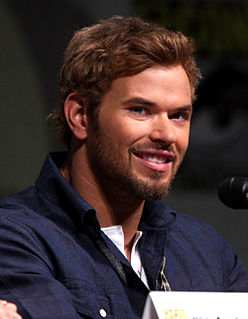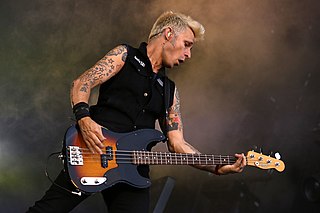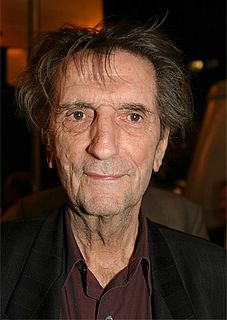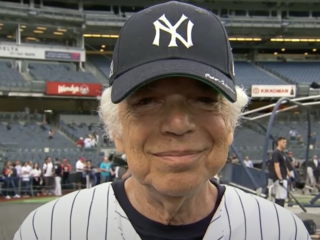A Quote by Stephenie Meyer
I grew up in a community where it was not the exception to be a good girl. It was sort of expected. And all of my friends were good girls too, and my boyfriends were good boys. Everybody was pretty nice. And that affects how I write my characters. There aren't very many bad guys in my novels.
Related Quotes
My family is Chinese-Taiwanese. I'm from Richmond, Virginia. The community in which I grew up was pretty white. The storybooks you got at school featured white children and an animal, or animals, and as you got older, the novels you were assigned were about, like, the problems of white boys and their dogs.
I grew up in the suburbs of Cleveland in 1988 and there was just one year where suddenly all of the delivery kids that used to be boys were suddenly girls. It happened at our church too. Altar boys were suddenly altar girls. There was just this sense that all these young women knew there were openings here to be the first of their kind.
But something magical happened to me when I went to Reardan. Overnight I became a good player. I suppose it had something to do with confidence. I mean, I'd always been the lowest Indian on the reservation totem pole - I wasn't expected to be good so I wasn't. But in Reardan, my coach and the other players wanted me to be good. They needed me to be good. They expected me to be good. And so I became good. I wanted to live up to the expectations. I guess that's what it comes down to. The power of expectations. And as they expected more of me, I expected more of myself, and it just grew and grew.





































